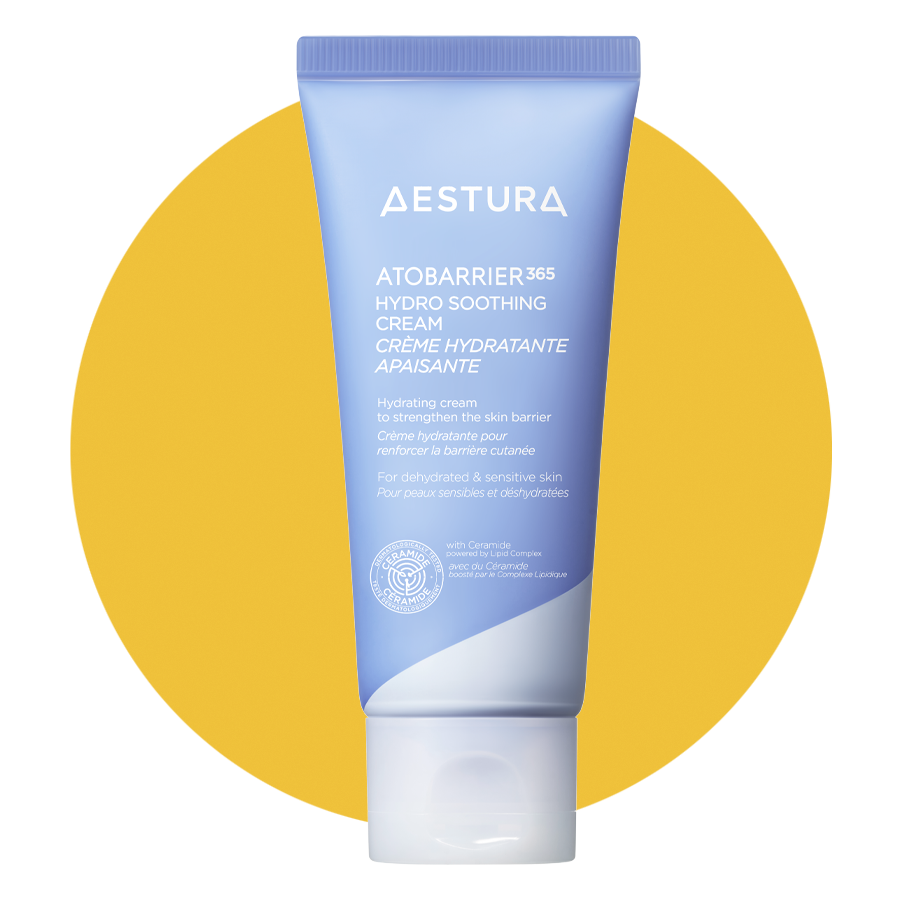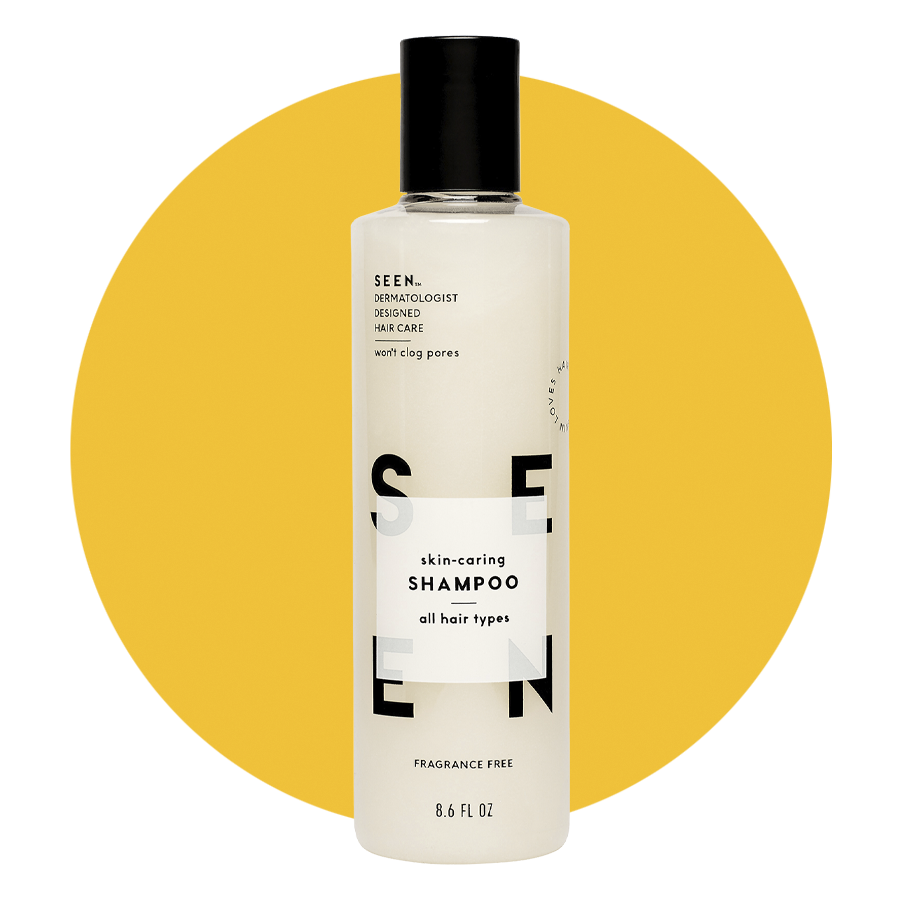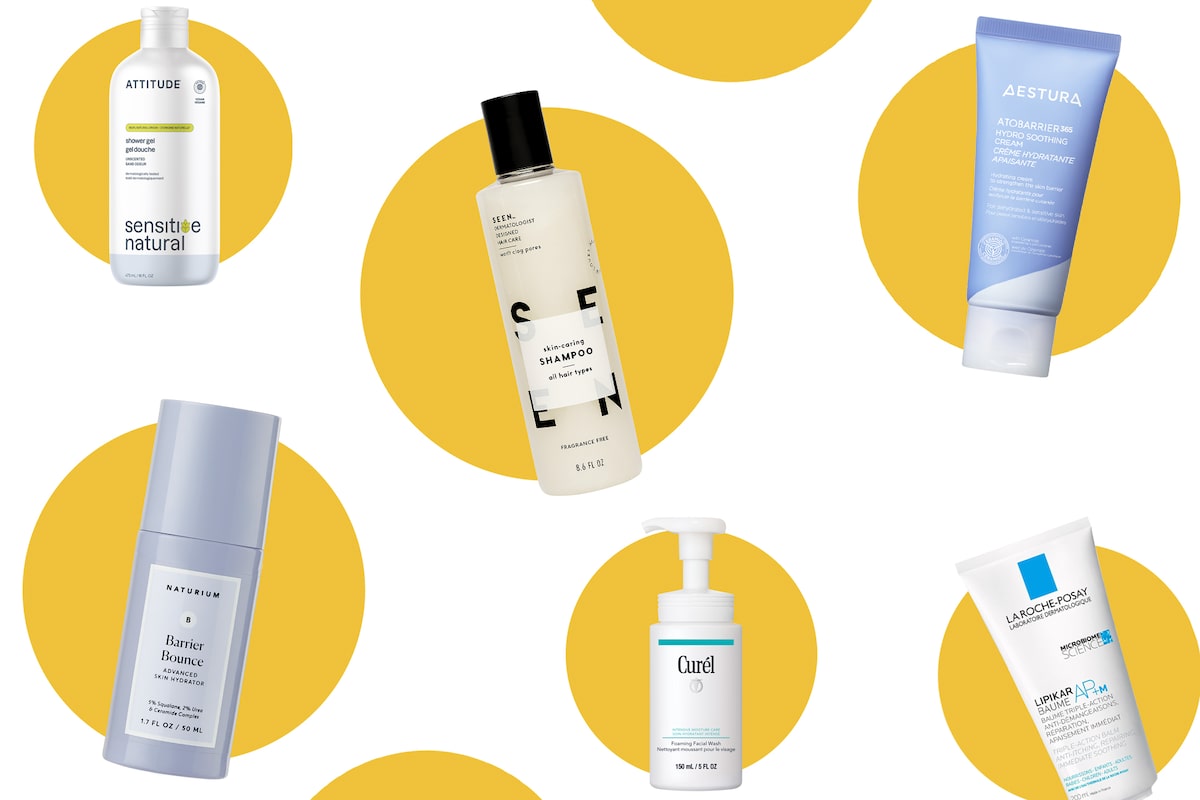Feeling stressed and dry and scaly? How about itchy and red too? If you suspect the tension felt on the inside of your body is showing up on your face, hands or scalp, you may be right.
“Stress is a huge eczema trigger,” says Robert Dell, a Toronto-based facialist, owner of Robert William Esthetics and creator of @theskinhotline on Instagram. “The cortisol release can really suppress the immune system, which can increase inflammation in the skin.”
Among the science that has linked psychological stress and the skin condition, Japanese researchers found increased symptoms of eczema reported among those affected by the Great Hanshin Earthquake of 1995, while another study found that the cortisol level in saliva of adults with the skin condition was significantly higher than that of healthy individuals.
Also known as atopic dermatitis, and sometimes accompanied by a thickened texture or peeling, eczema is an impairment of the skin barrier, which is composed of skin cells, fats and proteins. “If you think of it as a brick wall, in healthy skin the bricks, or skin cells, are held together by mortar, or fats and proteins,” explains Dell. “With eczema, that mortar is compromised, creating tiny cracks that allows moisture to escape more easily, leading to extreme dryness and itchiness.”
A mix of genetic and environmental factors can be causes. Discovered in 2006, an FLG gene mutation (which affects the development of filaggrin, a key protein in skin health) represents a strong predisposition for eczema. “Mutations lead to a weak barrier, causing excessive moisture loss and increased vulnerability to external irritants,” Dell says.
Inflammation, redness and itching can also result from an immune system dysfunction, according to the Eczema Society of Canada. “When irritants, allergens, such as pollutants and dust mites, and bacteria can penetrate the skin barrier easier, it triggers an overactive immune response,” says Dell. Externally, harsh cleansers, hot water and scratchy fabrics, such as wool or coarsely textured synthetics, can all ignite the condition.
First Person: I’ve learned to live with my severe eczema, so please stop staring
Adjusting your daily care routine can help keep it in check. “The core of eczema management in skin care is to repair the skin barrier and lock in moisture,” explains Dell.
To achieve that, he focuses on three different ingredient groups, starting with ceramides and essential fatty acids – both are lipids that can help repair. “People with eczema often have a ceramide deficiency and applying them topically helps to fill in the gaps in the skin’s structure,” Dell says. For example, linoleic acid found in shea butter is an essential fatty acid that can support your skin. You’ll also want to use humectant ingredients. “Glycerin and hyaluronic acid are extremely effective at hydrating the outermost layer of the skin,” he adds.
Urea can work well too. However, it can occasionally cause mild stinging on broken skin. “A test patch is always recommended,” he says. Lastly, it’s important to add occlusive ingredients, such as petrolatum or mineral oil, to the routine. “They form a protective, non-porous layer on the skin’s surface, physically preventing water loss,” says Dell.
For maximum relief consider a holistic approach. “It’s not just what you put on your skin, but it’s also how you manage your body and environment,” says Dell. Treat skin gently by taking lukewarm showers, using unscented products and patting your skin dry – don’t aggressively rub it with a towel.
Rapid changes in temperature, especially to cold, dry air, don’t help either. “Use a humidifier to help add more moisture to the air,” he says. “Healing takes time, but with patience and the right care, balance and comfort are possible.
Six buys to try
Treat eczema-prone skin head to toe with fragrance-free formulas, starting at $13.
Aestura Atobarrier 365 Hydro Soothing Cream

Best for oily, combination and normal skin, this lightweight moisturizing gel-cream is designed to treat redness and soothe irritation with a cooling effect.
Buying options
$44, buy at Sephora
$39 from Stylevana
SEEN Fragrance-Free Shampoo

Non-irritating and safe for colour-treated hair, this shampoo was developed by a dermatologist to remove buildup on a sensitive scalp while improving flakiness and reducing frizz.
Buying options
$39, buy at Amazon
$42 from SEEN

